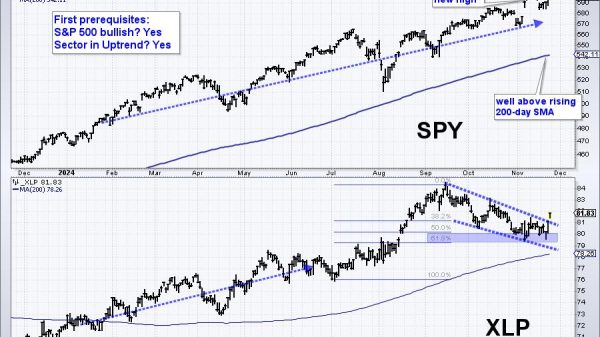Michael F. Cannon
Health care in the United States is such an expensive mess, no one wants to take credit for it. Patients and their families go out of their minds dealing with it. Health care devours a growing share of workers’ earnings every year. Politicians in other countries use “American health care” as an epithet. Politicians in the United States either run against U.S. health care or run away from it.
How did things get this bad?
A new online publication explains that the root cause of the United States’ health care woes is not market failure or corporate greed or even World War II‐era wage controls. “The Original Sin of U.S. Health Policy” explains that the blame lies with…the federal income tax.
When Congress created the (second) federal income tax in 1913, it did not foresee–it could not possibly have foreseen–that growth in medical innovation, incomes, and financial services would increase demand for medical care, medical insurance, or employer provision of both. Since Congress had been silent on the question of how the new income tax would treat employer‐purchased medical care and health insurance, it fell to Treasury bureaucrats to answer. Sometime in the 1920s, those bureaucrats decided employer‐provided group insurance would not be subject to the new tax. From that moment, the federal income tax effectively created a penalty on individual control of medical and health insurance decisions that continues to this day.
That implicit penalty causes or exacerbates every single problem that consumers and policymakers have confronted since. Medicare and Medicaid (1965), the HMO Act (1973), certificate of need regulation (1974), FSAs (1970s), COBRA (1985), HIPAA (1996), MSAs (1996), HRAs (2000s), HSAs (2003), SCHIP (1997), the HITECH Act (2009), the Affordable Care Act (2010), the No Surprises Act (2020), etc., are all efforts to fix problems that Congress itself created when it enacted the federal income tax. More often than not, these “solutions” exacerbate the very problems they attempt to solve, and thus ironically spur calls for even further government intervention.
The tax exclusion for employer‐sponsored health insurance distorts labor markets, the financial sector, and the health sector. It compels workers to purchase coverage that is more likely to drop them when they are sick. It discriminates against low‐wage workers, women, obese workers, older workers, and others with expensive medical conditions, on whom its implicit penalties fall hardest.
Restoring workers’ rights and making health care more universal requires cleansing U.S. health policy of its original sin.
























